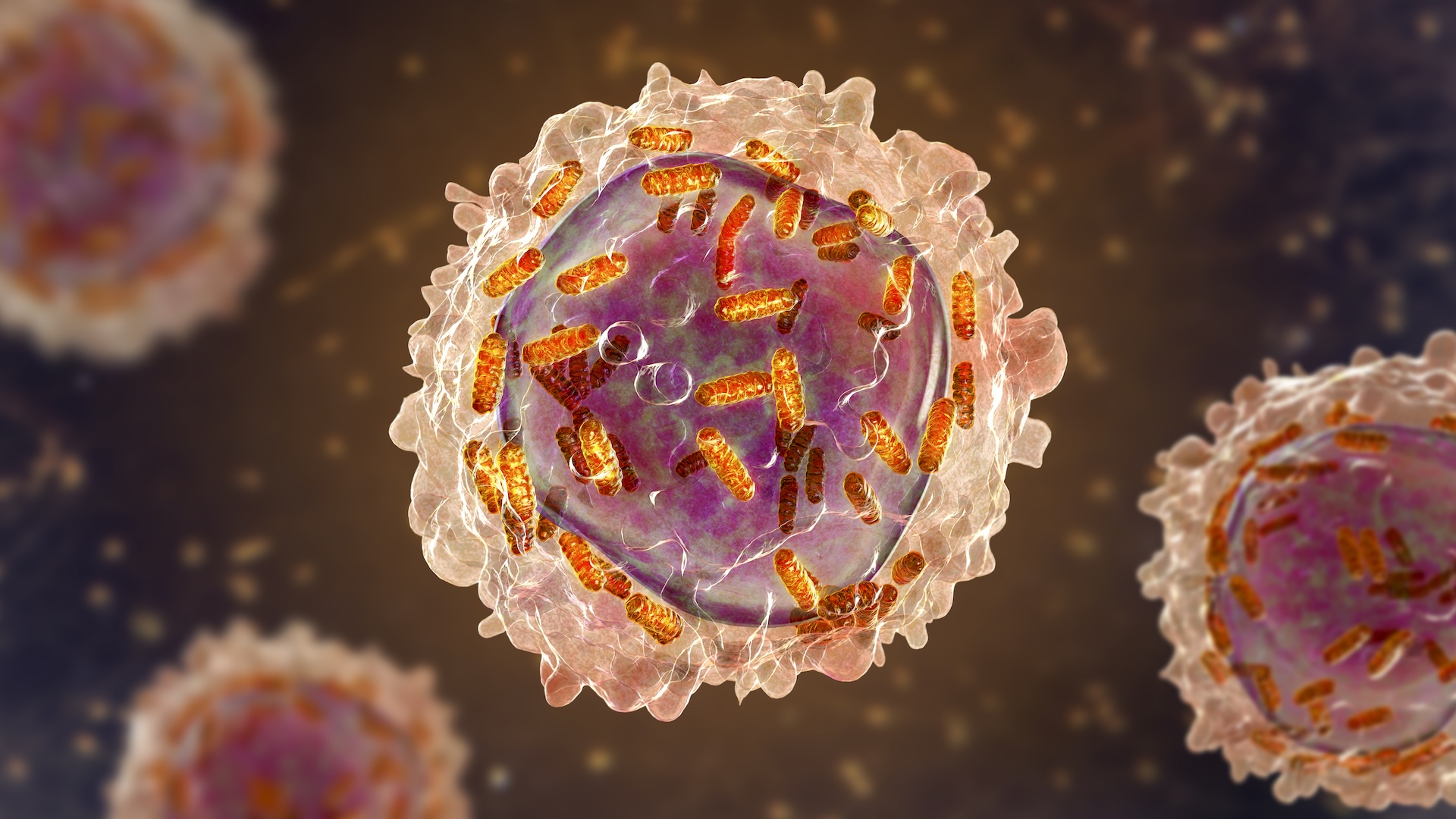Roofie Reality: Drink Spiking Affects Many College Students

About 1 in 13 college students in a new study from three U.S. campuses report having been drugged, or suspect that they were drugged.
Drink spiking, or adding drugs to a person's drink without his or her knowledge or consent, can lead to sexual assault and injuries. However, few studies have looked at how frequently spiking actually occurs.
"These data indicate that drugging is more than simply an urban legend," Suzanne Swan, an associate professor of psychology at the University of South Carolina and the lead author of the study, said in a statement. [Understanding the 10 Most Destructive Human Behaviors]
In the study, the researchers analyzed survey data from more than 6,000 college students at the University of South Carolina, the University of Kentucky and the University of Cincinnati. (The survey was focused on dating violence and sexual violence among college students; the new study focused on those questions on the survey that related to drink spiking.)
A total of 462 students reported that they had been drugged at least once in the past academic year, the study found. The most common outcome of being drugged was blacking out, which was reported in 69 percent of all cases. In addition, 31 percent of the victims reported becoming physically ill after being drugged, the study found.
Of the students who reported being drugged, 79 percent were female. Sexual assault was more common for female victims than for male victims, the researchers found. For example, 17 percent of female victims reported having unwanted sex, compared with 6 percent of male victims. Female victims were also more likely to report blacking out: 74 percent of female victims reported this, compared with 51 percent of male victims, according to the study.
The researchers also found that 4 in 5 victims, or about 80 percent, reported at least one negative experience as a result of being drugged. However, 14 percent of the people who reported that they had been drugged said that they enjoyed the experience. Those who enjoyed the experience were more likely to be male; 37 percent of males who had been drugged said this, compared with 8 percent of females who had been drugged.
Get the world’s most fascinating discoveries delivered straight to your inbox.
Eighty-three students, or about 1 percent, reported that they either had, or knew someone who had, drugged someone else.
The study also shed light on which drugs were most commonly used to spike someone's drug. Those who drugged others, or knew someone who had done so, reported that Rohypnol, also known as a "roofie," was used 32 percent of the time, the researchers found. In addition, Xanax was used 11 percent of the time, ecstasy was used 9 percent of the time, and cocaine was used 7 percent of the time. In 30 percent of cases, the respondents did not know what drug was used.
The researchers also asked the victims and those who had either drugged someone or knew someone who had about possible motives. While the victims do not know what the perpetrators are thinking, their perceptions nevertheless provide insights as to how drugging is understood by those who have experienced it, Swan told Live Science. Motives for drugging someone varied by gender, the researchers found. Men were more likely to list motives related to fun, whereas women were more likely to list motives related to sexual assault, according to the study.
The researchers noted that there were limitations to the study. "We have no way of knowing if the drugging victims were actually drugged or not, and many of the victims were not certain either," the researchers wrote. Other possibilities might explain the effects the victims experienced, including drinking too much alcohol or drinking a more potent kind of alcohol than they were used to, according to the study. [9 Ways Going to College Affects Your Health]
The study is one of the first to provide information on those who do the drugging and their motives. Using this information, potential interventions could be developed to dissuade people from drugging others, the researchers wrote. Currently, interventions for drugging are focused exclusively on the victims, according to the study.
"Because many of those who drug others believe that the behavior is fun and minimize the risks involved, interventions could provide information about the dangers of overdosing," the researchers wrote. In addition, interventions could focus on consent. "Just as people have a fundamental right to consent to sexual activity, they also have the right to know and consent to the substances they ingest," the researchers said.
The study was published May 23 in the journal Psychology of Violence.
Originally published on Live Science.



